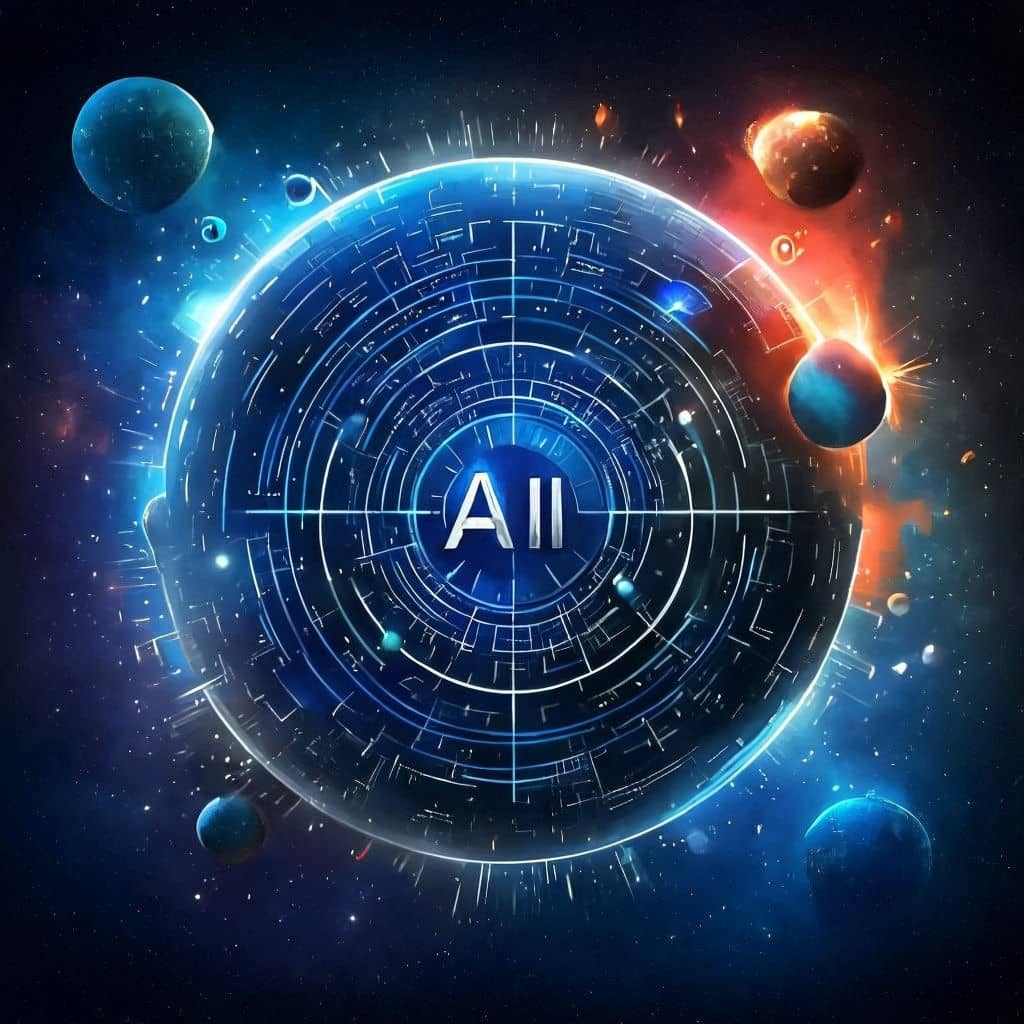Artificial Intelligence (AI) represents one of the most transformative technologies of our time, reshaping industries and altering everyday life. From virtual assistants to advanced machine learning algorithms, AI has become a foundational element in our digital landscape. This article delves into the history, types, applications, challenges, and future of AI.
History of AI
Early Beginnings
The concept of artificial intelligence dates back to ancient myths and stories, but modern AI began in the mid-20th century. In 1956, the Dartmouth Conference marked the formal birth of AI as a field of study. Pioneers like John McCarthy, Marvin Minsky, and Allen Newell laid the groundwork for future research.
The Rise and Fall
The 1960s and 1970s saw significant advancements, but progress slowed during periods known as “AI winters,” when funding and interest dwindled. The resurgence in the 1990s was fueled by improvements in computer power, algorithms, and data availability.
The Deep Learning Revolution
In the 2010s, deep learning—an advanced subset of machine learning—became the dominant force in AI. Techniques like neural networks and large data sets enabled breakthroughs in image recognition, natural language processing, and game playing.
Types of AI
AI can be classified into several categories:
1. Narrow AI
Narrow AI, or Weak AI, is designed for specific tasks, such as voice assistants (e.g., Siri, Alexa), recommendation systems, and image recognition software. Most AI applications today fall under this category.
2. General AI
General AI, or Strong AI, refers to machines that possess the ability to perform any intellectual task that a human can do. While still theoretical, progress toward achieving General AI continues to be a subject of intense debate among experts.
3. Superintelligent AI
Superintelligent AI surpasses human intelligence and capabilities. This concept raises ethical and existential questions about control and the future of humanity.
Applications of AI
AI applications span a variety of fields, including:
1. Healthcare
AI is revolutionizing healthcare through predictive analytics, personalized medicine, and robotic surgery. Algorithms can analyze medical images and assist in diagnosing diseases.
2. Finance
In finance, AI enhances fraud detection, algorithmic trading, and customer service through chatbots. Machine learning models analyze vast amounts of financial data to glean insights and trends.
3. Transportation
Self-driving cars and intelligent traffic management systems showcase AI’s potential to improve safety and efficiency in transportation.
4. Entertainment
Streaming platforms use AI algorithms to recommend content based on user preferences, while video game developers integrate AI to create adaptive and engaging experiences.
5. Manufacturing
AI-driven automation streamlines production processes, enhances quality control, and reduces operational costs in manufacturing.
Challenges Facing AI
1. Ethical Concerns
AI raises ethical issues regarding bias in algorithms, invasion of privacy, and job displacement. Ensuring that AI systems are fair and transparent is crucial.
2. Security
As AI systems become more integrated into society, they also become targets for cyberattacks. Ensuring the security of AI systems is a critical concern.
3. Regulation
Governments and organizations struggle to establish regulations that balance innovation with safety, privacy, and ethical concerns.
The Future of AI
The future of AI holds immense possibilities:
1. Collaboration Between Humans and AI
Rather than replacing jobs, AI is likely to augment human capabilities, leading to a collaborative relationship between humans and machines.
2. Continued Innovation
Advancements in AI research, particularly in quantum computing and neuromorphic engineering, are expected to lead to unprecedented breakthroughs.
3. Societal Impact
As AI continues to evolve, its influence on society will grow. The need for public discourse about the implications of AI, including adaptability to changing job markets and ethical considerations, is paramount.
Conclusion
The AI universe is vast and continuously evolving, with significant potential to enhance our lives across various sectors. While challenges exist, the careful and responsible development of AI technologies can lead to substantial benefits for society. As we navigate this transformative journey, ongoing dialogue between technologists, policymakers, and the public will be essential in shaping a future where AI serves humanity’s best interests.



